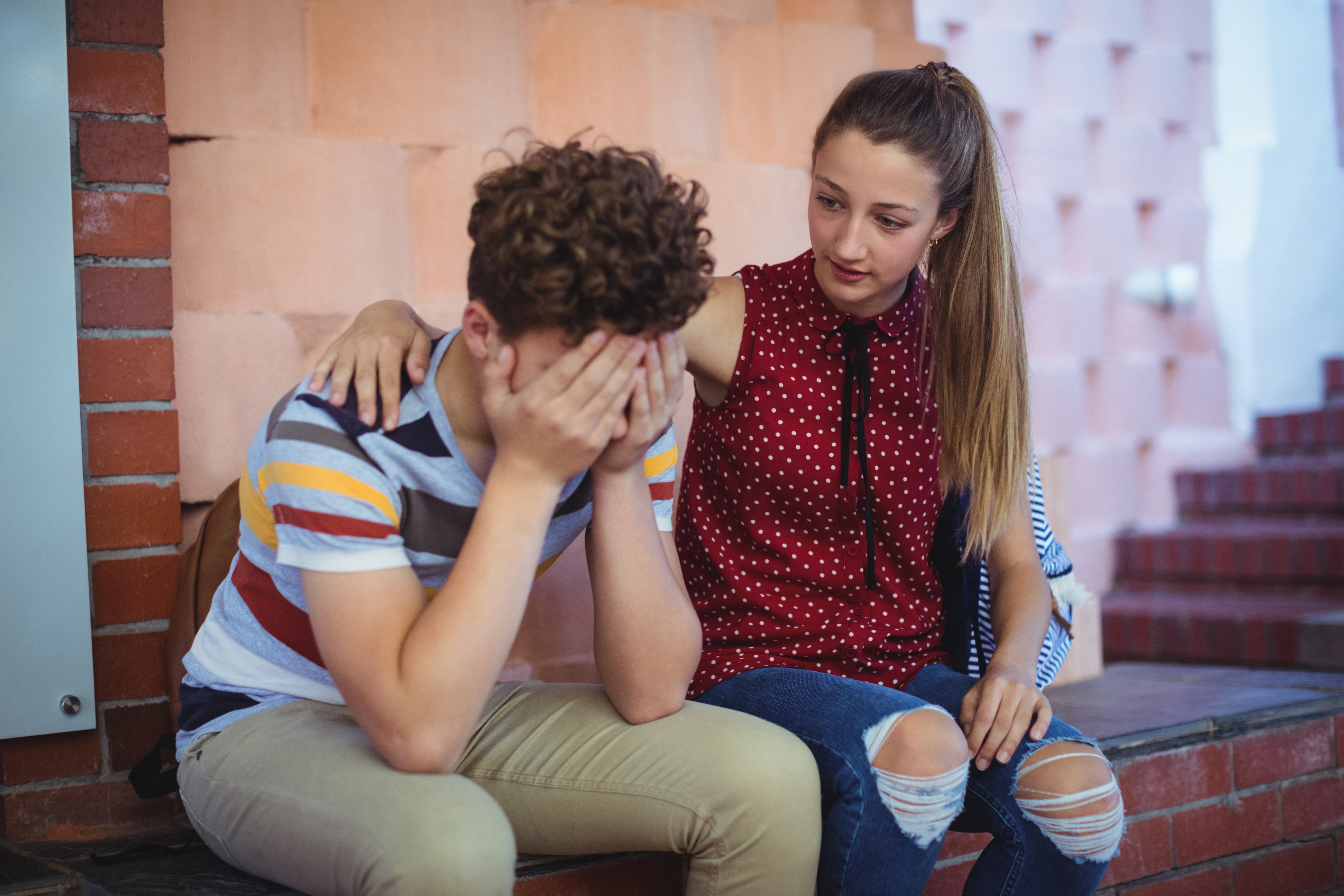What is cyberbullying?
Cyberbullying is the use of the internet, texting, and social media to intimidate, spread rumours, put down or make fun of someone. Cyberbullying can include:
- Sending someone threatening messages
- Posting or sharing personal information without permission
- Taking a photo of someone or sharing photos of a person without their permission
- Posting gossip or mean messages on social media
- Hacking into someone’s email or social media and sending messages as that person
- Creating a website or social media account to make fun of someone
- Creating a fake social media account pretending to be someone else and making fun of them
- Leaving people out of instant messaging or email contact lists on purpose
Cyberbullying doesn’t stop at school; it can reach you 24 hours a day, at home, on the weekends, and on vacation.
Because it’s easy to create anonymous or fake accounts online, you may not even know who’s cyberbullying you. Those who cyberbully also can’t immediately see your reaction, so they might not feel bad about cyberbullying and continue to become more aggressive.
What can I do about cyberbullying?
You may feel like you can’t do anything to stop cyberbullying if you or someone you know is being harassed, or if you know someone who is a cyberbully. But there are things you can do to keep yourself and others safe:
- Treat people online the way you would treat them in person. If you wouldn’t say something directly to someone’s face, don’t leave it as a comment on their social media or text it to them. Always think about whether the content is hurtful or damaging before sending an email, message or photo.
- Don’t share passwords with anyone other than a trusted adult (e.g., your parents or a caregiver).
- Don’t share your own personal information or anyone else’s online.
- Never send nude photos of yourself or anyone else to anyone. If you or the person in the photos are under the age of 18, as you could be charged with distributing child pornography.
- Talk to an adult you trust (parent, teacher, coach, guidance counsellor). They may be able to give you advice on how to deal with a cyberbully, or they may be able to step in to help protect you.
- Stand up for yourself or someone else you see being cyberbullied without being aggressive and without cyberbullying back. Let the person know that what they’re doing is not OK and you won’t forward or respond to the messages.
- If you or someone else is being cyberbullied, make a copy of the message before you delete it (e.g., take a screenshot). You can also report harassment or inappropriate messages on most social media sites and apps. Most social media sites, internet providers and cell phone service providers have policies against bullying and may be able to do something about it if you report the abuse.
- Call the police if you have been threatened or if a crime has been committed. If someone has assaulted you or has threatened to hurt you, that’s a crime and you should call the police to intervene.
Take care of your mental health. If you are experiencing stress, anxiety, depression or other mental health issues, talk to a trusted adult or health-care provider. You can also take a look at these mental health resources to find ways to help you cope: www.teens.aboutkidshealth.ca/mentalhealth

